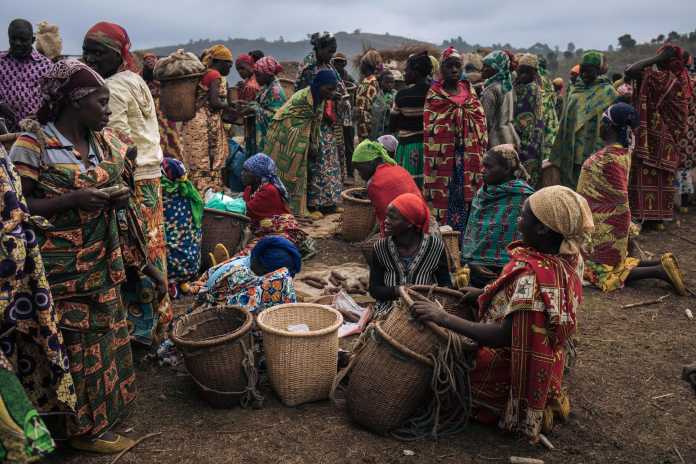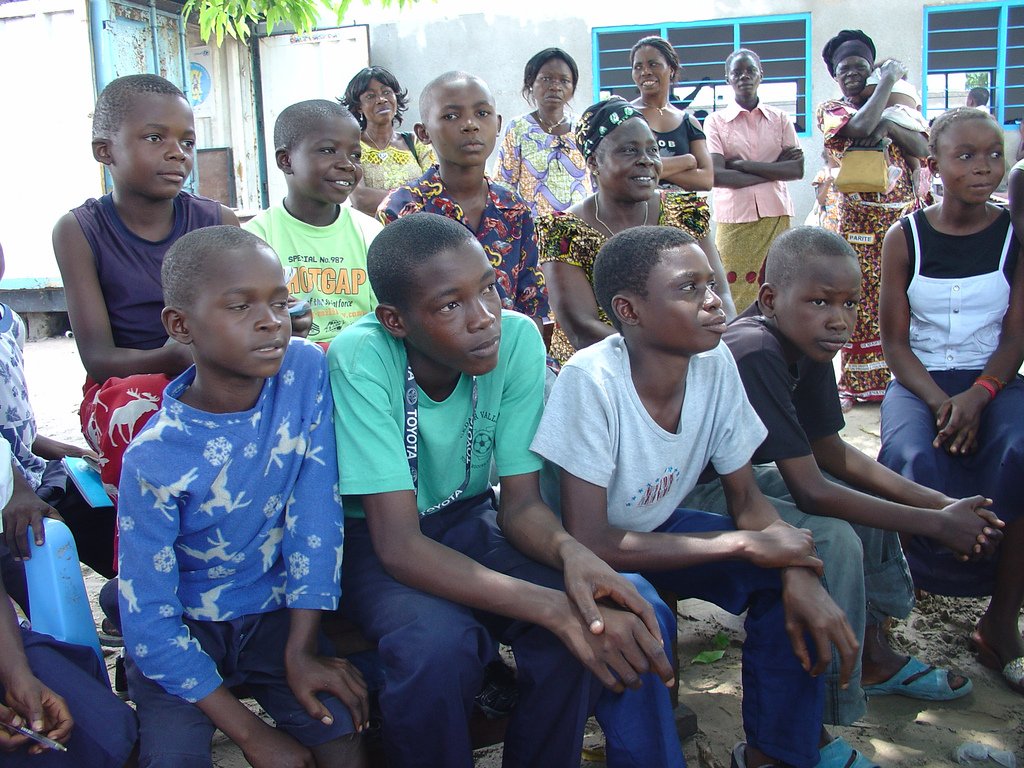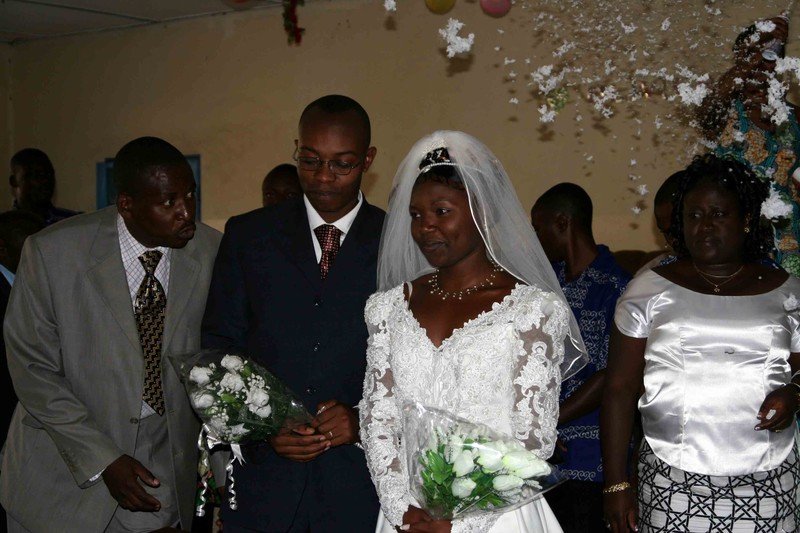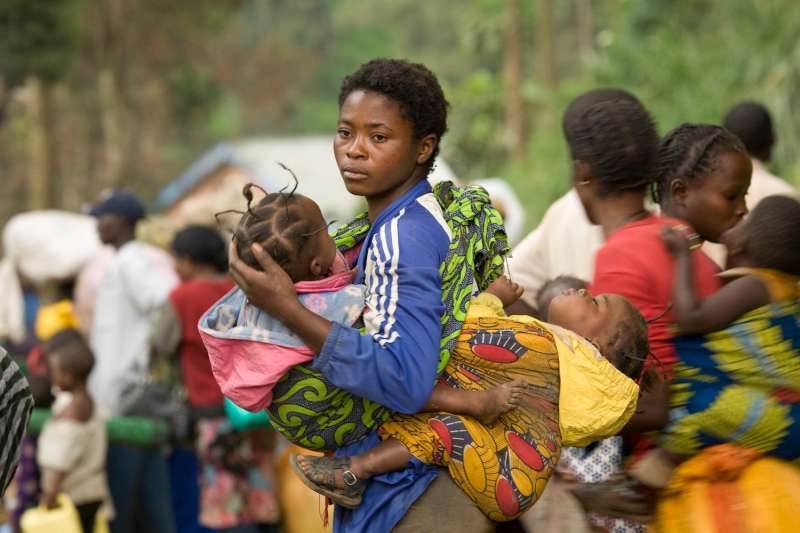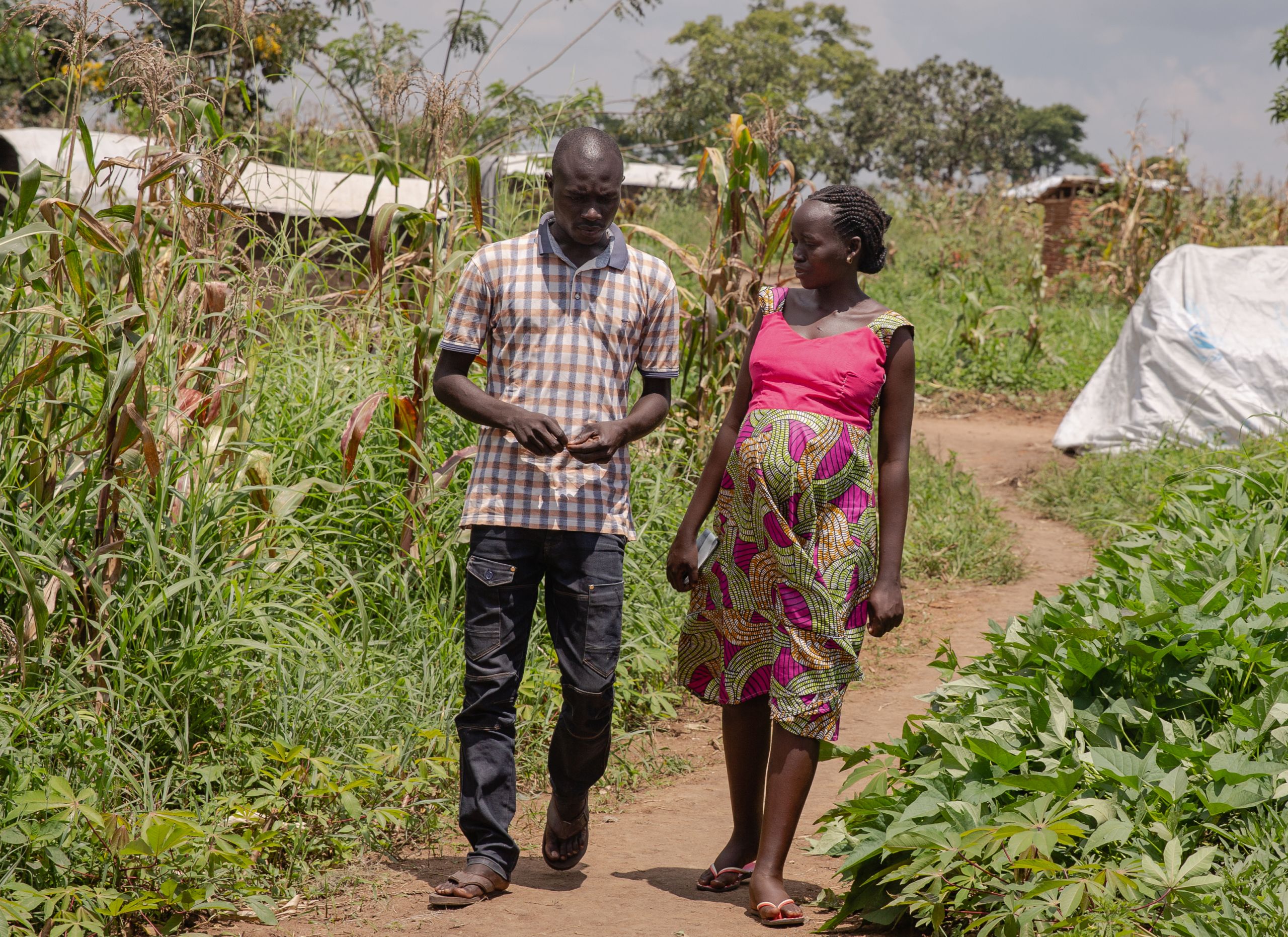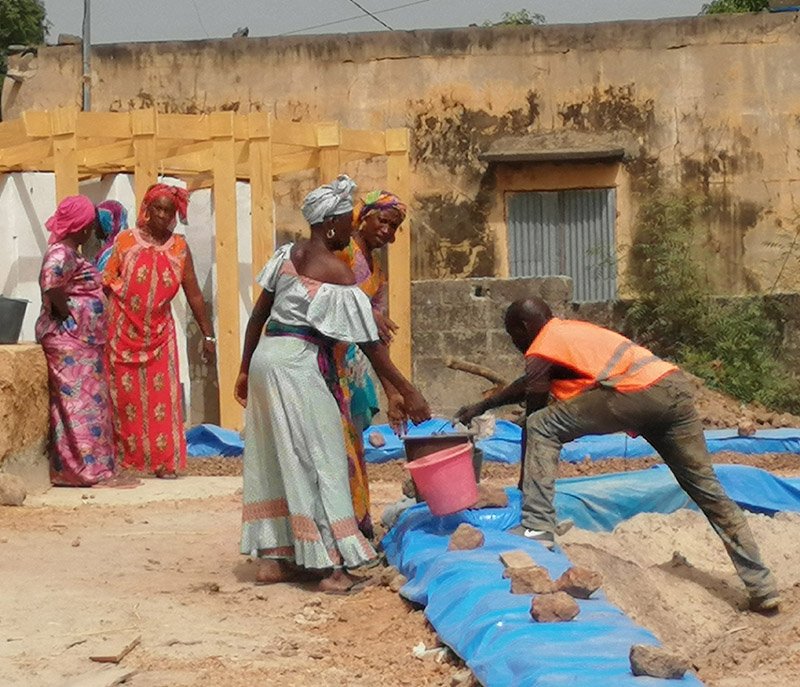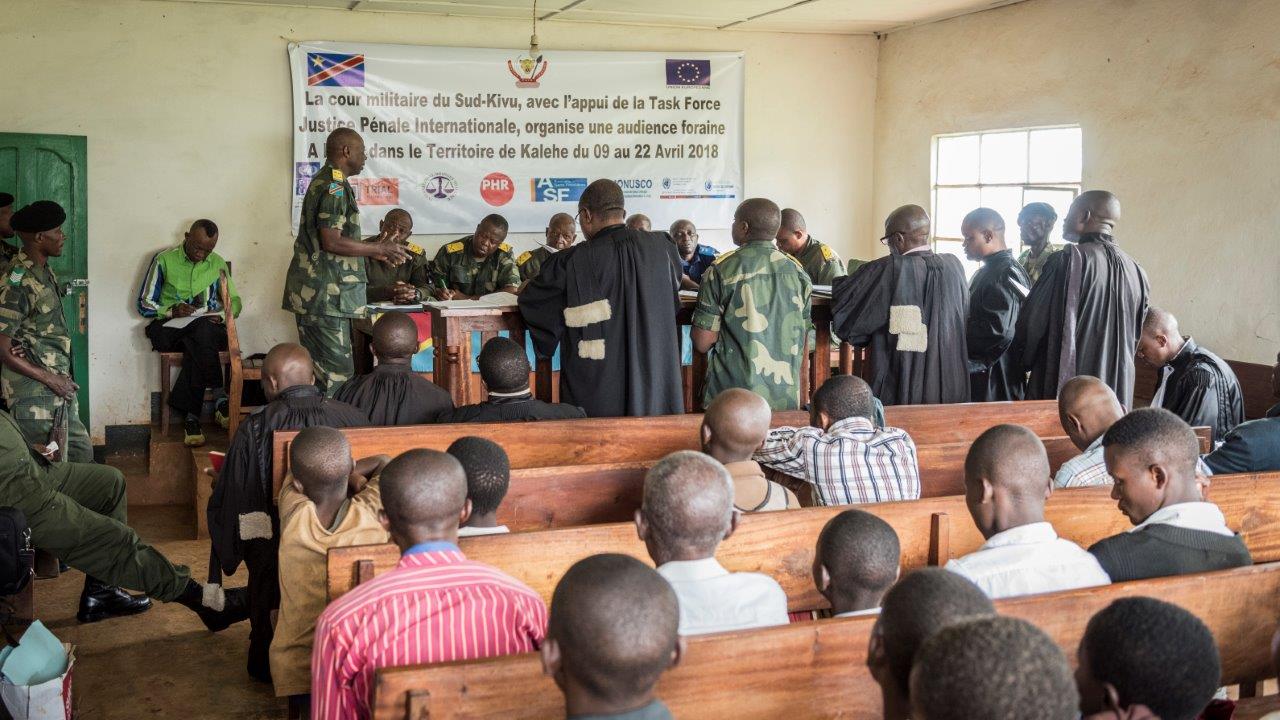Mission
Our mission is to educate and mobilize the population on matters relating to national/ regional unity and reconciliation and to carry out constructive discourse relating to peace, unity and reconciliation.
Education for Peace
"Congo"
“Education for Peace - Congo” or “Education Pour la Paix - Congo” is a legally registered organization in the Democratic Republic of Congo (DRC). It is a recognized Non-Governmental Organization (NGO), fully registered with the Ministry of Local Government under laws governing DRC. It is an NGO that is a non-profit Association with no political affiliation.
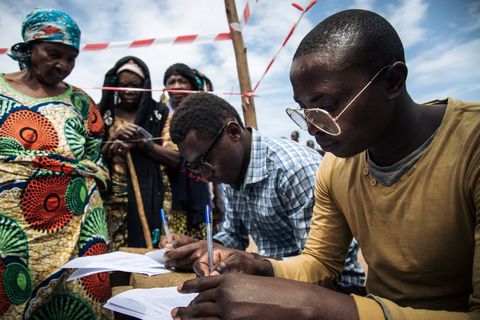
Our Team
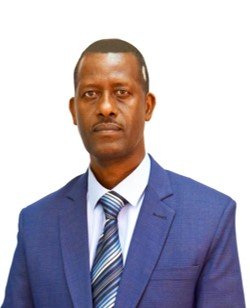
Pastor Amos Semuzima
President and Founder
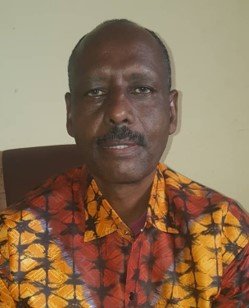
Dr Yoseph Ndakize
President of BOD
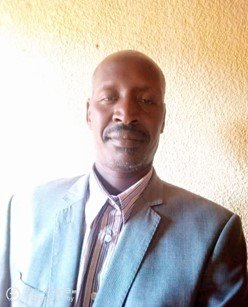
Pastor Evariste Rubibi
Vice-President

Azarias Sebikamiro
Secretary

Me Mugaju Ngirimana Obed
Provincial Coordinator
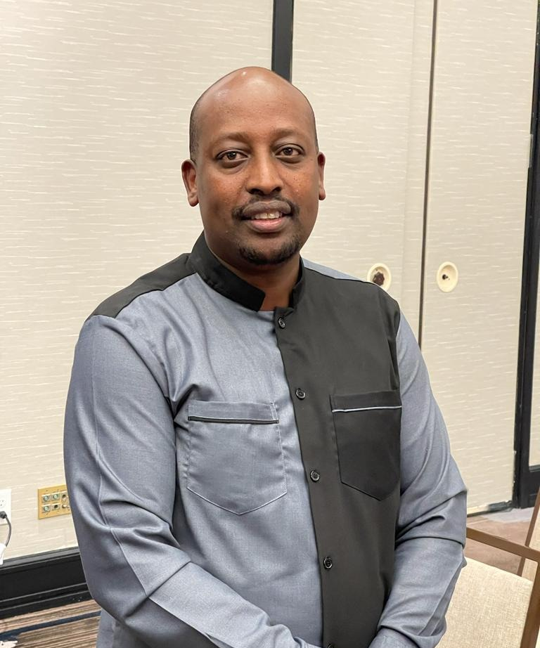
Mbarushamahoro Joseph Masoro
Representative in the USA
The greatest challenges before humanity today are conflict, violence, terrorism and war, along with their terrible consequences of poverty, disease and environmental destruction. The challenges are at all levels of human society: families, schools, communities etc. In the Democratic Republic of Congo, the challenges are often extreme.
What we do
We serve the following groups

Gender Equality
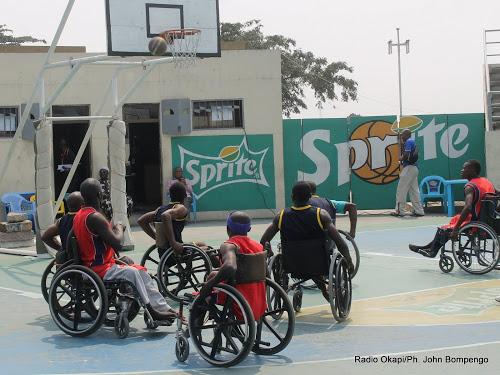
The Disabled
The Causes of the War in Eastern Province

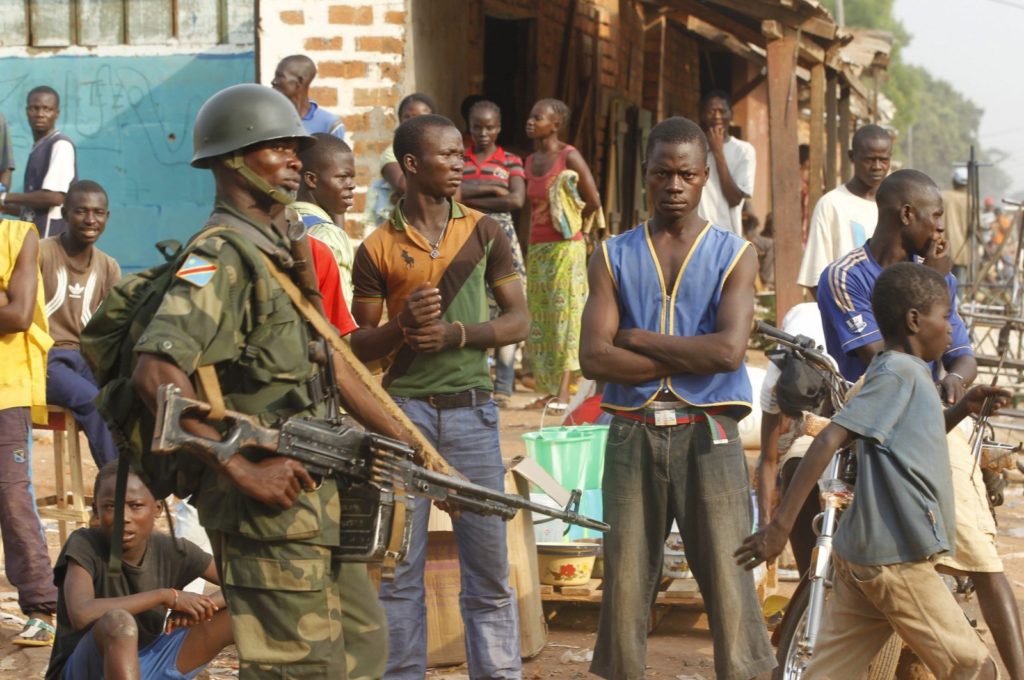
War broke out in 2017 when the Mai-Mai militia group, together with armed forces from Burundi (FNL, Red Tabara and Forebu) attempted to uproot the Banyamulenge tribe from the soil of their ancestors.
- The accusation: The rebel groups accused the Banyamulenge of being Rwandan refugees seeking to improperly gain benefits in DRC, starting with collectively obtaining Congolese nationality, including the indigenous right to land.
- The reality: The Banyamulenge are not Rwandan refugees, because their presence on the territory that became the DRC dates back long before the existence of the DRC as a state, with clearly defined tribal geographic boundaries during the colonial era.
- The accusation: The rebels additionally claim that the Banyamulenge are plotting the balkanization of their area of DRC.
- The reality: On the contrary, the Banyamulenge have consistently functioned as good and faithful citizens of DRC. This false accusation aims to demonize them in order to facilitate their extermination. We fear that this may become genocide.
The endless war and conflict in Eastern Kivu, which has resulted in hundreds of thousands of people fleeing their territory and seeking refuge in neighboring countries, has caused civilians to suffer, violence and ethnic tensions to worsen.
The UN Security Council has witnessed the deterioration of security in Eastern Congo. Their plan to resolve the conflict in the Kivu by emphasizing peaceful dialogue has been failing. The current situation has created great uncertainty.
Current Situation

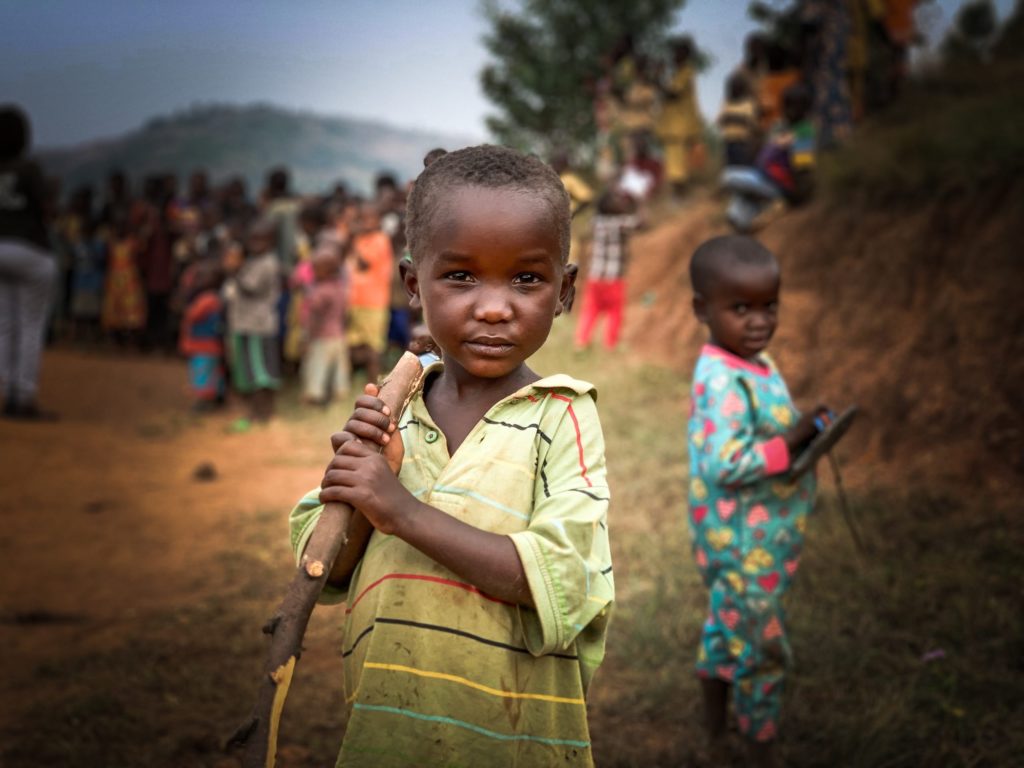
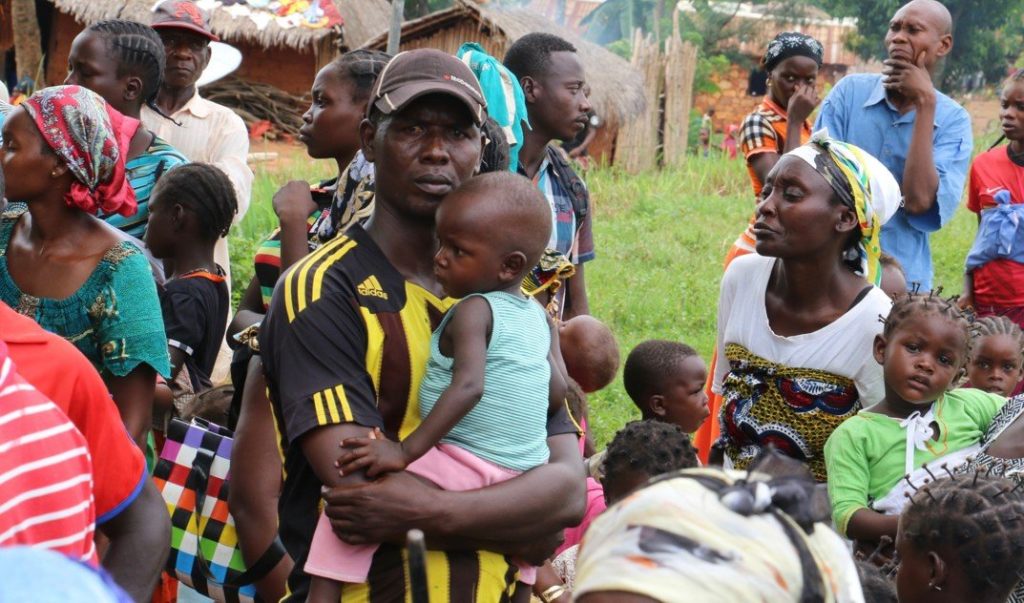
The situation continues to worsen daily. More than 200,000 people have fled fighting in the Democratic Republic of Congo’s South Kivu highlands in recent months, as the long-simmering struggle over land, power, and citizenship descends into village burnings and widespread killings.
Coalitions of militias drawn from the Babembe, Bafuliru, and Banyindu communities – who consider themselves “indigenous” Congolese – are fighting the Banyamulenge, a vastly outnumbered cattle-herding group of Rwandan origins, often falsely derided as “outsiders”.
Foreign rebel groups from neighboring counties are suspected of participating in the violence, which is centered on Minembwe and Itombwe – remote mountainous areas where many Banyamulenge have lived for generations.
Fighting here is common, but residents say the recent clashes are among the worst in years.
More than 300 villages, the majority of them Banyamulenge, have been burned down, according to some estimates. The UN is struggling to verify these claims due to its limited presence in the region, where many roads are impassable.
Mass theft of cattle, approximately 350,000, has wiped out the livelihoods of many Banyamulenge residents, some of whom told The New Humanitarian (see link below) of brutal killings and alleged a calculated campaign to dislodge them from their villages in Minembwe and Itombwe.
Clashes have intensified, as the militias, known as Mai-Mai, close in on Minembwe town, where thousands of displaced Banyamulenge have sought protection around a UN peacekeeping base. Social infrastructures such as schools, pharmacies, and hospitals have been destroyed, disrupting vaccination programmes, while deadly measles and cholera epidemics ripple through Congo.
While all communities have been affected, UN officials and aid workers say the Banyamulenge are suffering the most.
Rarely have the three other communities, whose militias have their own internal rivalries, operated in a military alliance. Now they are doing so against the Banyamulenge, which today is at “high” risk of suffering atrocities, according to UN officials.
Intensifying village burnings have now squeezed the Banyamulenge into an increasingly small patch of land in South Kivu. Others have fled to safer towns such as Uvira, along the shores of Lake Tanganyika. Still others are fleeing in large numbers all the way to Nairobi, Kenya.
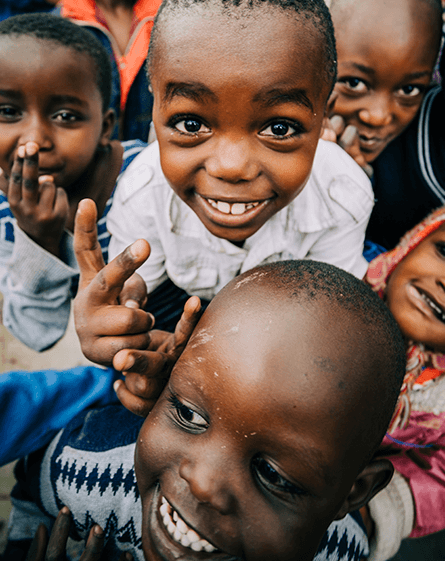

Donate
Appeal for Help
We appeal to NGOs and other institutions such as churches, to help. We need financial support, especially to purchase food, clothing and education for children, orphans and widows. Such support is life changing among the displaced.
that is a non-profit Association with no political affiliation.
Play Video Now
Latest News
Hello world!
Welcome to WordPress. This is your first post. Edit or delete it, then start writing!
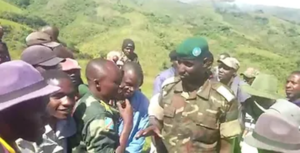
IN MINEMBWE THE FARDC AND THE FDNB ASK THE BANYAMULENGE TO RETURN HOME TO RWANDA!
IN MINEMBWE THE FARDC AND THE FDNB ASK THE BANYAMULENGE TO RETURN HOME TO RWANDA!In an interview with one of the customary chiefs of the
A MINEMBWE LES FARDC ET LES FDNB DEMANDENT AUX BANYAMULENGE DE RENTRER CHEZ EUX AU RWANDA!
A MINEMBWE LES FARDC ET LES FDNB DEMANDENT AUX BANYAMULENGE DE RENTRER CHEZ EUX AU RWANDA!Dans un entretien avec un des chefs coutumiers de la
Les FDNB à Minembwe : Une Mission militaire de l’EAC qui percute les derniers espoirs de survie des Banyanmulenge.
Les FDNB à Minembwe : Une Mission militaire de l’EAC qui percute les derniers espoirs de survie des Banyanmulenge. C’est une autre mauvaise nouvelle pour
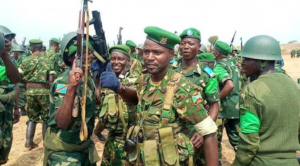
The FDNB in Minembwe: A military mission of the EAC which strikes the last hopes of survival of the Banyanmulenge.
The FDNB in Minembwe: A military mission of the EAC which strikes the last hopes of survival of the Banyanmulenge. This is another bad news
Une brève histoire de Joseph Mbarushamahoro Masoro
Je suis un congolais de nationalité de naissance de la communauté Banyamulenge.J’ai été élevé et j’ai grandi dans la province du Katanga en RDC. Alors

